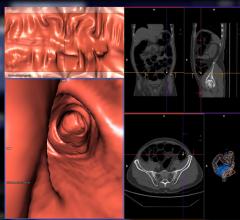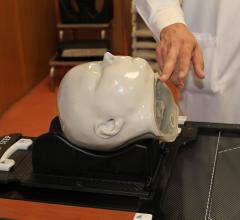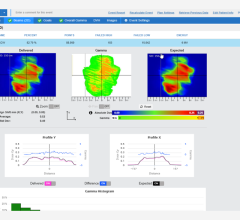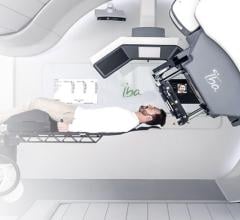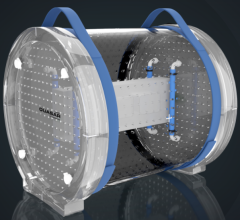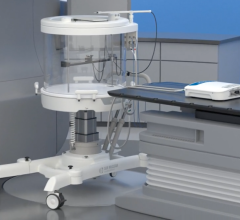May 28, 2008 - Ethicon Endo-Surgery recently released the results of its pivotal trial that demonstrated physician/nurse teams using the SEDASYS System reduced the risk of over sedation with propofol in patients undergoing screening and diagnostic procedures for colorectal cancer (colonoscopy), and disorders of the upper gastrointestinal tract (EGD).
The study included 1,000 subjects who underwent sedation for colonoscopy and EGD at eight sites and compared the SEDASYS System to the current standard of care for sedation (midazolam plus fentanyl or meperidine). Results were included in Ethicon Endo-Surgery’s FDA premarket application for approval of the SEDASYS System, which is currently in review with the FDA.
“During the trial, the system made it possible for gastroenterologists to maintain minimal to moderate sedation with propofol, and helped prevent patients from entering deep sedation, which is traditionally associated with propofol,” said Daniel Pambianco, M.D., FACG, medical director of Charlottesville Medical Research and trial investigator. “The system offers a way to personalize the level of sedation appropriate for each patient because it combines propofol delivery with sophisticated monitoring to help us better control and predict the patient’s sedation level.”
The trial showed patients who received sedation with the SEDASYS System experienced fewer and less significant oxygen desaturation events, a clinical sign of over sedation, than patients sedated with current standard of care. The trial demonstrated this by achieving its primary endpoint of area under the curve (AUC) of oxygen desaturation (SpO2
“Patients understand that recovery from sedation takes time after a colonoscopy, but with propofol, they recuperate quicker and are functional sooner,” said Dr. Pambianco. “GIs have been performing procedures with current standard of care sedatives for years and maintaining a constant sedation level in patients can be daunting. The novelty of this system is that it has the potential to accurately tune into my patient’s sedation needs by following their vital signs and delivering propofol in a precise manner.”
For more information: www.ddw.org, www.ethiconendo.com


 June 27, 2024
June 27, 2024 
